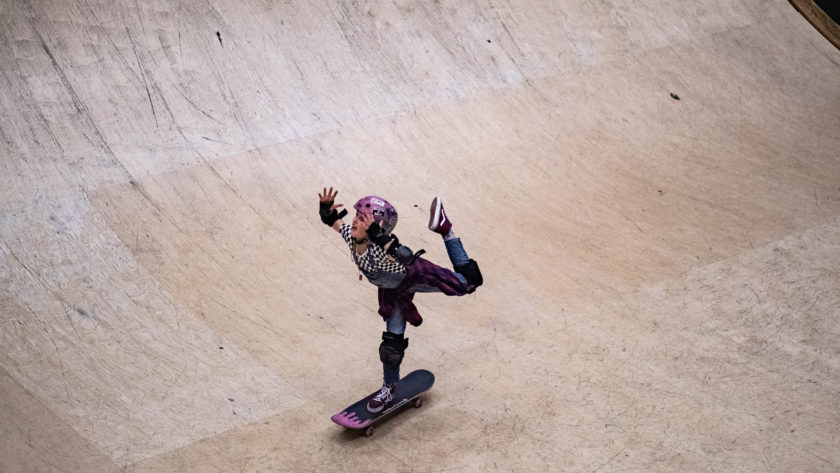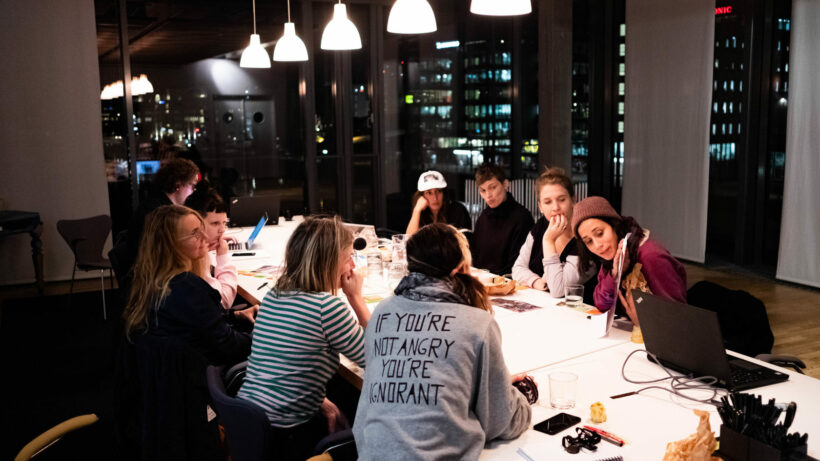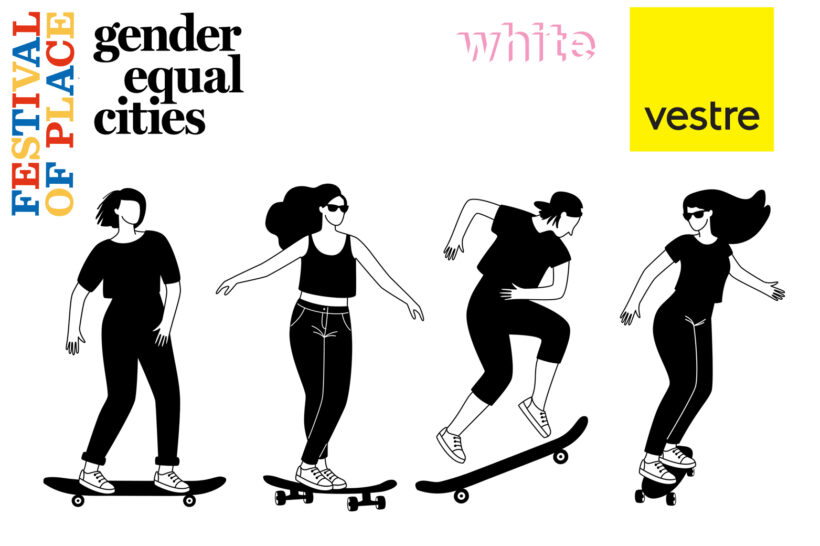The Inclusive Skate report found that skate parks are designed to exclude certain demographics; from girls to the mobility impaired. As we discovered through Flickrum, this has historically been the case with the design of many of our cities worldwide. Taking the skate park as a microcosm of our social and cultural inequality, how can we design urban environments that encourage active participation to include those who are currently marginalised?
Join White Arkitekter’s Fredrik Angner and Rebecca Rubin with Swedish Skateboard Federation’s Niklas Boström, in conversation with Christine Murray discussing their findings and ways forward at this year’s Festival of Place.
Festival of Place: Gender Equal Cities, 07-08 June
Dare to try – enabling an inclusive skate culture through design
Monday 07 June, 13.00-13.20 BST/14.00 – 14.20 CET
Click here to book tickets.



